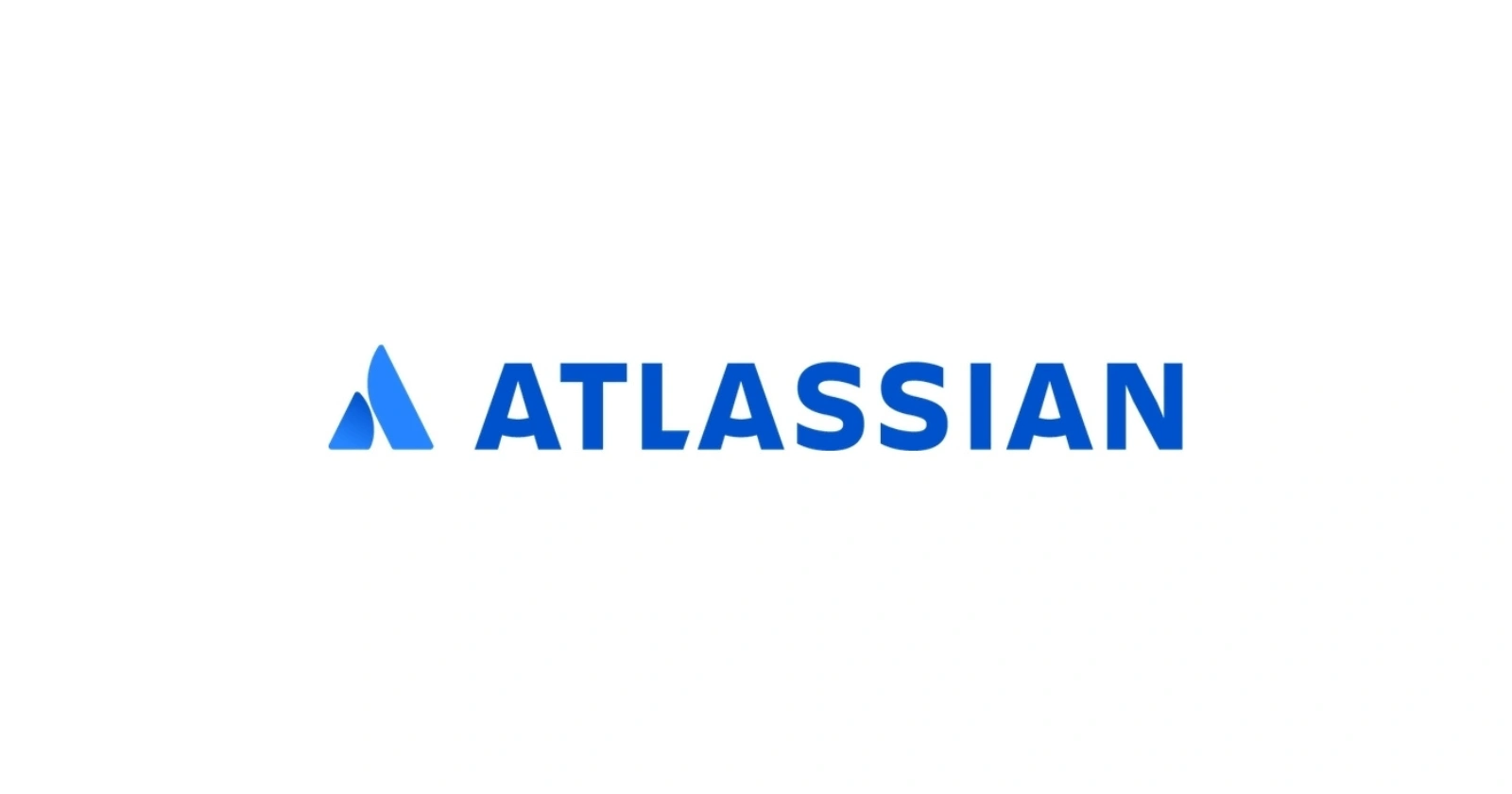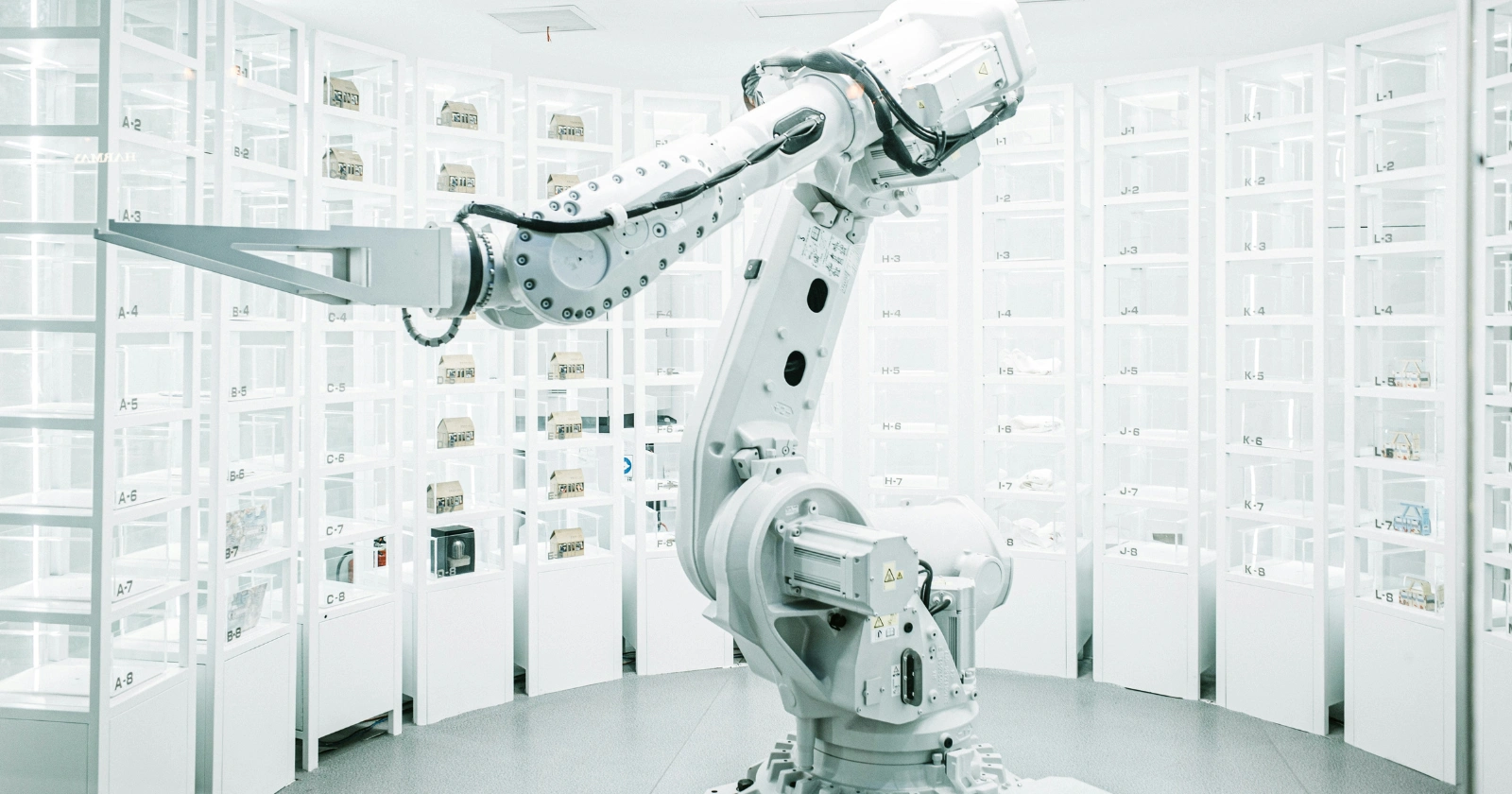In a bold strategic move that underscores the escalating battle for dominance in artificial intelligence-driven web navigation, Atlassian has agreed to acquire The Browser Company for $610 million in cash.
This deal, announced on September 4, 2025, positions the enterprise software giant to integrate cutting-edge AI browser technology into its suite of collaboration tools, potentially transforming how knowledge workers interact with digital workspaces.
As competition intensifies from tech behemoths and startups alike, this acquisition highlights the shifting landscape where browsers evolve from mere gateways to the internet into intelligent agents that streamline productivity.
Deal Breakdown: What Atlassian Gains from The Browser Company
Atlassian, known for its flagship products like Jira for project management and Confluence for team collaboration, will fund the acquisition entirely from its balance sheet, which held $2.5 billion in cash equivalents as of June 2025. The transaction is set to close in Atlassian’s fiscal second quarter, ending December 2025, pending regulatory approvals. It is not expected to materially impact the company’s financial results for fiscal years 2026 or 2027.
The Browser Company, founded in 2019 in New York, brings two innovative browsers to the table: Arc, launched in 2022 as a customizable tool with features like built-in whiteboards and tab sharing, and Dia, introduced in beta form earlier in 2025. Dia stands out for its AI capabilities, allowing users to converse with an assistant across multiple tabs, summarize content, and perform actions autonomously. Atlassian Co-Founder and CEO Mike Cannon-Brookes emphasized the potential to address shortcomings in traditional browsers, stating that current options are designed more for casual browsing than for intensive work environments.
Prior to the deal, The Browser Company had raised significant venture funding, including a $75.5 million Series A in 2023 backed by Atlassian Ventures, Salesforce Ventures, Figma CEO Dylan Field, and former Instacart CEO Fidji Simo. Its last valuation stood at $550 million following a $50 million Series B round. Reports indicate that OpenAI and Perplexity explored acquisition talks with the startup, but Atlassian emerged as the buyer, aiming to blend The Browser Company’s consumer-focused innovation with its enterprise expertise.
Josh Miller, Co-Founder and CEO of The Browser Company, noted in a newsletter that while Arc attracted a niche of power users, its metrics resembled those of specialized professional tools rather than mass-market products. Development on new Arc features has paused, with the focus shifting to Dia as the primary vehicle for growth under Atlassian. The combined entity plans to operate independently initially, with Dia evolving into Atlassian’s “go-to browser for work,” pulling together tasks, tools, and context from across the web in secure enterprise settings.
The Broader AI Browser Market: A Crowded and Competitive Field
This acquisition arrives amid a surge in AI-enhanced browsers, as companies race to embed “agentic” AI—systems that not only retrieve information but also take actions on behalf of users. Startups and incumbents are transforming browsers into intelligent workspaces that summarize pages, automate tasks, and integrate with productivity suites.
Google’s Chrome continues to dominate globally, commanding a 69.26 percent market share in August 2025, according to Statcounter data. Safari follows at 14.98 percent, with Microsoft’s Edge at 4.99 percent. Mobile browsers show similar trends, with Chrome at 69.17 percent and Safari at 20.3 percent. Despite Chrome’s lead, recent U.S. antitrust rulings have mandated data sharing with rivals, potentially opening doors for challengers, though a proposed breakup was avoided partly due to emerging AI competitors.
Microsoft’s Edge, integrated with Copilot and Microsoft 365, has solidified its position in corporate environments through built-in security and seamless ecosystem ties. Meanwhile, Nvidia-backed Perplexity’s Comet browser offers early access to AI-driven search and summarization, positioning it as a direct threat. Brave’s Leo provides privacy-focused AI features, and Opera’s Neon experiments with immersive interfaces. OpenAI is reportedly nearing the release of its own AI-powered browser, challenging Chrome’s supremacy and intensifying the “AI browser wars” of 2025.
Anthropic and other AI firms are also eyeing browser-like products, signaling a fundamental shift where browsers become orchestrators of SaaS applications. As one industry analysis from TechCrunch points out, the browser has emerged as a critical battleground for controlling user attention in an AI-dominated era.
To illustrate the current market dynamics, consider the following table of global browser market shares as of August 2025:
| Browser | Global Market Share (%) | Key AI Features |
|---|---|---|
| Chrome | 69.26 | AI-powered search suggestions, data sharing with rivals post-antitrust |
| Safari | 14.98 | Integrated with Apple ecosystem, basic AI enhancements |
| Edge | 4.99 | Copilot integration, enterprise security |
| Others (e.g., Firefox, Opera) | 10.77 | Varying AI tools like summarization and privacy-focused agents |
This data, sourced from Statcounter, reveals Chrome’s entrenched position but also opportunities for AI innovators to capture enterprise segments.
Industry Reactions and Strategic Implications
Reactions to the deal have been mixed, reflecting broader debates on consolidation in tech. On social platform X, users expressed excitement about potential integrations, with one post highlighting how Dia could sync Jira tickets, Confluence documents, and Trello boards into a unified workspace. Others lamented the loss of an independent challenger to Chrome, fearing Atlassian might prioritize enterprise features over consumer appeal. One user quipped that the acquisition feels like “another indie darling” joining a corporate empire, potentially leading to feature stagnation.
Analysts view this as a savvy play by Atlassian to move up the stack, becoming an orchestrator of workplace apps amid AI’s encroachment on SaaS. The company’s history of successful acquisitions—Trello in 2017 for $425 million and Loom in 2023 for $975 million—demonstrates its knack for integrating tools that enhance collaboration. Loom, for instance, added asynchronous video communication to Atlassian’s portfolio, boosting user engagement. Similarly, The Browser Company’s technology could unify siloed experiences, reducing context-switching in tabs and embedding AI for smarter workflows.
However, challenges loom. Atlassian’s shares dipped about 2 percent following the announcement, signaling investor caution in a volatile market. The deal also enters a regulatory environment scrutinizing tech mergers, especially those involving AI. Broader concerns, such as new online safety laws impacting privacy and compliance, add layers of complexity for companies like Atlassian that must navigate global standards.
Looking Ahead: Reshaping the Future of Work and Web Navigation
Atlassian’s bet on The Browser Company aligns with a vision of the “AI browser for knowledge workers,” where tools anticipate needs and automate routines. By combining Dia’s elegance and AI prowess with Arc’s power-user features and Atlassian’s enterprise know-how, the result could be a browser that not only browses but acts—pulling data from disparate sources, adding context, and enhancing security.
This move comes as AI fractures traditional search monopolies, with tools like Perplexity and OpenAI challenging Google’s ecosystem. A recent Reuters report noted OpenAI’s browser plans could directly compete with Chrome, while Perplexity’s $34.5 billion bid for Google’s browser (though unsuccessful) underscores the high stakes. Atlassian, with its $4.4 billion annual revenue, positions itself as a neutral player focused on productivity rather than ad-driven models.
Yet, success hinges on execution. Will Dia avoid the fate of acquired products that lose momentum? Early signs point to independence, but integration with Atlassian’s ecosystem—potentially requiring accounts for full features—could alienate users. As Cannon-Brookes put it, the goal is to build browsers “not built to browse, but built to work.”
In an era where AI redefines digital interactions, this acquisition signals that the browser, once a static tool, now stands at the forefront of innovation. With competitors ramping up and market shares in flux, Atlassian’s $610 million investment could either catalyze a new wave of enterprise efficiency or become another chapter in the ongoing browser wars. As the deal progresses, the tech world watches closely, anticipating how this union might redefine the boundaries between browsing, working, and intelligent automation.



